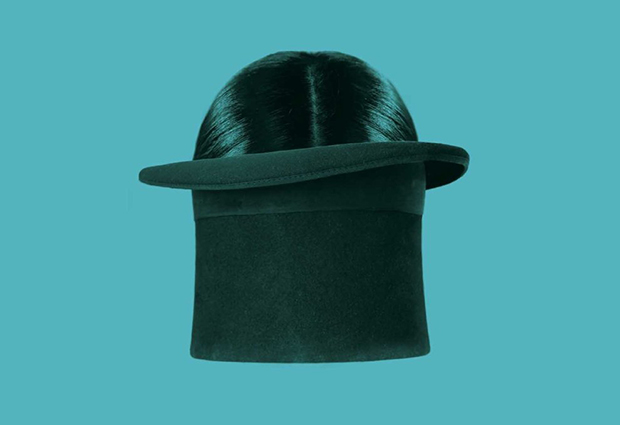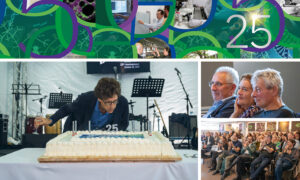
Reviews: Inspiring stories
Which book best gets your creative ideas flowing? A team of bibliophiles from the Lab has picked out the stories that have inspired them at work, or elsewhere.


The Disappearing Spoon, and Other True Tales of Madness, Love, and the History of the World from the Periodic Table of the Elements, Sam Kean
I picked up The Disappearing Spoon at a train station by chance and was immediately hooked by this collection of bite-sized, fascinating, and sometimes quirky anecdotes about the chemical elements. Rather than explain how the periodic table works, the book presents a fantastic array of science stories that cover history, personalities and even global politics. Having studied chemistry, I have always been interested in the periodic table – however, over time the magic of the elements got smothered with technical terms and industrial production pathways. This book managed to rejuvenate my fundamental fascination for this topic and it will probably convince even hardcore biologists that there is a world beyond C, H, O, N, S and P worth investigating
Marie Kirsten, postdoc, EMBL Heidelberg

Stranger in a Strange Land, Robert A. Heinlein
It inspired Iron Maiden, is a headline event in Billy Joel’s We didn’t start the fire and is one of my all time favourites. The story presents a new world that questions our status quo: our society, beliefs, politics … everything. A young man is brought to Earth after being raised from infancy by Martians and this pretext is used to shake the reader loose from prejudice in its many manifestations and explore why we should question everything, including our scientific research. Robert A. Heinlein was a visionary of his time – many of his hypotheses are still valid and some of his science fiction is now reality. A must read. Daniel Passon, postdoc,
Daniel Passon, postdoc, EMBL Hamburg

Last Lecture, Randy Pausch
When Carnegie Mellon professor Randy Pausch was asked to give a talk under the title The Last Lecture, no one imagined that it would actually be his last one. Diagnosed with terminal pancreatic cancer, Pausch makes the decision to give a talk that could be his final legacy. The lecture, called Really Achieving Your Childhood Dreams, is about making the best out of the time we have, fighting for our dreams, overcoming obstacles, and above all, living rather than dying. The narrative leads the reader to consider how they might make their own childhood dreams come true. One of the most inspirational and powerful books I have ever read.
Vasiliki Karyoti, desktop support engineer, EMBL Heidelberg

The man who mistook his wife for a hat Oliver Sacks
Neurologist Oliver Sacks describes some exceptional cases of patients who have experienced problems with perception, emotion, language or memory in some insightful and compassionate short stories. Imagine after a brain injury, you can no longer speak in your mother tongue but keep speaking a second language. Or you can no longer learn anything new, remaining imprisoned in that very moment for the rest of your life. Or that you cannot recognise everyday things such as a plate of food or even your spouse. I was inspired by the author’s fascination with how mental functions map onto specific brain areas – the brain really is a striking machine.


